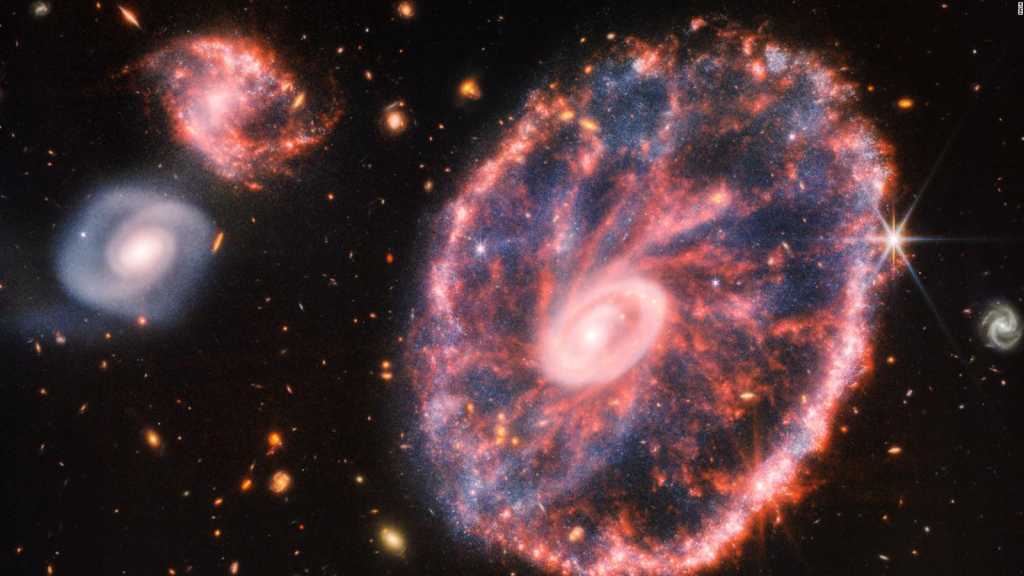The U.S. was supposed to send a rocket to the moon early this week, but one of the engines developed problems, so the flight had to be postponed to the end of the week. This new moon flight is very exciting, because there haven’t been any NASA flights involved with the project of putting humans on the moon since 1972. This flight is a test run that will use mannequins instead of humans, but, still, it represents a restart of the American mission to have Americans explore and ultimately settle other celestial bodies in our solar system and eventually other parts of our galaxy and the universe.
We have had a taste of humans living in zero gravity with the International Space Station. Also, Americans have had plenty of experience wearing space suits in space with the earlier trips to space and to the moon and going back and forth to the International Space Station. But what we don’t know is how people will react to long stays living on the moon, to the eight-month trips to and from Mars, should we decide to go there, and to living in settlements on Mars for a year or more. With regard to the Space Station, people only wear space suits going to and from the Space Station or when they have to go outside it in order to fix something. What will it feel like to have to wear a space suit for longer periods of time while exploring the moon or Mars or while constructing new settlements on one of these celestial bodies.
For one thing, it means one is really touching nothing outside of the space suit. Because of the cold temperatures and lack of oxygen to breathe, one will be unable to directly come into tactile contact with any of the interesting things one encounters. This means that for the time that one is inside of the space ship or one is outside any manmade enclosures on the moon or Mars, one is going to be living in a tactile experiential vacuum. And the more time one is compelled to spend in such situations, the more psychologically numb that one will end up becoming. And this, in turn, could lead to many of the abrasive pathological behavioral reactions that have been discussed in the context of other life situations here on earth: violence against others or against oneself and different kinds of addictions. Except that on a space voyage with relatively few other participants, all of whom are needed for the survival of the voyage, the potential conflicts that could result from the consequences of individual psychopathology could pose a serious danger to everyone in the group. So, a way has to be found to prevent space travelers from really feeling the effects of this space numbness.
One way of dealing with it would be to find a way of incapacitating our needs for organic stimulation. Finding a way to live more like a cyborg, for instance. Relying more on mechanical and digital stimulation than organic stimulation in order to keep functioning in an orderly way. And finding a way to, as it were, become numb to our numbness. Of course, it would mean finding ways of developing more defined discrete receptors in order to be able to absorb all the mechanical and digital stimulation that surround us in our modern technological society. And that will surround the space travelers both on the space ship as well as in their new abodes on the moon and on Mars.
The only problem is that giving up our predisposition to absorbing organic stimuli probably means giving up our organic sense of self, which requires organic stimuli to nurture it. Our coherent organic consciousness. So that we would lose our capacity to fully appreciate our experiences of our space missions just as, on some level, we now have the capacity to fully bond with them.
With the loss of our coherent consciousness would very likely come the loss of our free will and a coherent life narrative. Perhaps we would need to have people outside the space mission back here on earth directing the actions of our space travelers. All this means that the relatively lifeless living environments of the moon, of Mars, and of other moons and planets as we move further out from the earth will end up both mirroring and modeling for the space travelers, so that the latter as they explore these places will become more and more like them. Perhaps these seem like melodramatic conclusions I am drawing, but I am simply saying that, as with other encounters individuals have with other humans and other living environments, people as organic entities have difficulty in avoiding the influences of that which surrounds them. Avoiding the numbing effects of lifeless, oxygen-less celestial bodies will be a tremendous challenge for those people who visit them. And these effects could be far more transformative to our very beings than have been anticipated up until now.

























